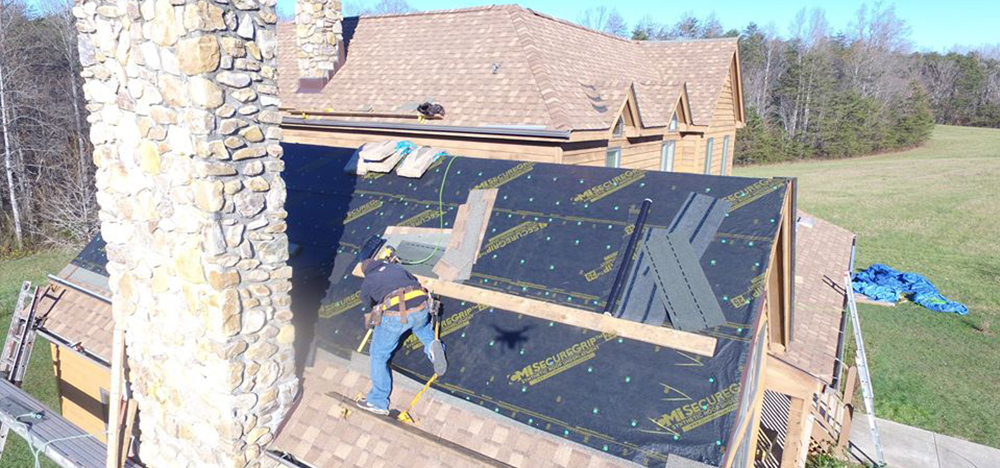Resources
Roofing projects can leave you with a lot of questions. To simplify that process, check out our 27-question checklist to ensure your metal roofing contractor knows what they're talking about. We're confident you can ask us any of these questions and have an answer for you.
Oil Canning can be defined as visible waviness in the flat areas of metal roofing and metal wall panels. In technical terms, oil canning is referred to as elastic buckling (more commonly known as “stress wrinkling”). It can occur in any type of metal panels: steel, aluminum, zinc, or copper. For purposes here, all four terms shall be considered synonymous: Waviness, elastic buckling, stress wrinkling and oil canning. The degree of waviness can be difficult to measure, but may be apparent, especially under specific lighting conditions.
Generally the period and amplitude of the wave will become more pronounced as the panel width increases (flat portion of the panel) and/or the panel thickness decreases. Reflected light may make the oil canning more prominent at certain times of day.
If you own your home, you are responsible for maintaining your home's infrastructure, including its roof. Some homeowners leave all roof system maintenance and inspection duties to a roofing professional. However, other homeowners are comfortable performing activities such as cleaning gutters. NRCA discourages homeowners from stepping on their roofs and recommends homeowners hire a roofing professional for any work that should be performed on the roof. Before you perform work involving your roof, you should be aware of some roofing safety basics.

Your home’s roof can suffer extensive wear and tear from being exposed to years of sun, rain, wind and other harsh weather conditions. However, it can be difficult for a homeowner to judge when a roof is at the end of its useful life, or whether roof repairs from a qualified Lynchburg, VA roofer like All Seasons Metal Roofing can extend its life a few more years.


